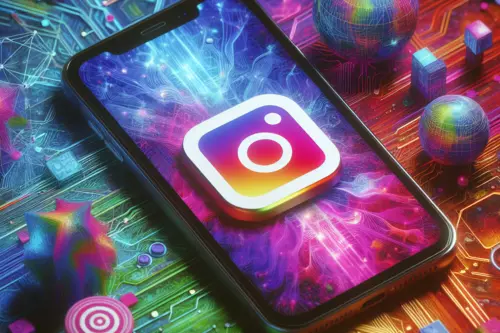Because the ban covers faculty phones and campus WiFi networks, the professors said the ban immediately halted research projects into TikTok and derailed their plans to lead classes discussing the app’s benefits and risks.
In a lawsuit filed in Austin on Thursday against Abbott and top Texas officials, the Coalition for Independent Technology Research, an advocacy group whose members include professors in Texas, argued the ban had infringed on their academic freedoms and constitutional rights.
“The government’s authority to control their research and teaching … cannot survive First Amendment scrutiny,” the complaint states.
The lawsuit is the third so far this year to challenge state TikTok bans on constitutional grounds. In Montana, TikTok and a group of creators on the app filed separate lawsuits saying a state law banning TikTok on all devices violated Montanans’ right to free expression.
Jameel Jaffer, the executive director of the Knight First Amendment Institute at Columbia University, which filed the suit on the coalition’s behalf, said the ban is not a “sensible or constitutional response” to critics’ worries that the app could be used for propaganda or espionage.
“The ban is suppressing research about the very concerns that Governor Abbott has raised, about disinformation, about data collection,” Jaffer said. “There are other ways to address those concerns that don’t impose the same severe burden on faculty and researchers’ First Amendment rights,” he added, as well as their “ability to continue studying what has, like it or not, become a hugely popular and influential communications platform.”
The coalition and the institute have received no money or support from TikTok, its owner ByteDance or any other tech firms, Jaffer said.
An associate professor at the University of North Texas who was cited in the suit, Jacqueline Vickery, said she was forced to suspend research projects and abandon in-class discussions and exercises when the ban took effect after winter break.
Vickery, who studies how young people use social media for political organizing and self-expression and whose courses include “Media in a Global Pandemic” and “Digital Media & Society,” said the app had for years helped her teach complicated concepts in an engaging and relatable way.
But while some of her students have told her they use TikTok more than Google, Vickery can no longer, as she did in past semesters, ask her class to look at TikTok’s privacy policy, scrutinize its data collection or analyze how its algorithm works.
“There’s this attitude that this is a playful, silly platform, that it doesn’t matter we can’t access it … but this is what we were using to teach all sorts of things about media literacy,” she said. “It’s so helpful to say: Let’s watch this together and talk about who’s making it, why’s the algorithm showing it to you, what trends can we take away from this.”
College students and faculty members across the United States have criticized the campus bans because they single out an app that is wildly popular, especially among young people, and has become a central gathering place for entertainment and discussion of current events.
Because students can still access TikTok through their cellphone internet, the ban largely restricts the app in the places where it is most likely to be used for educational purposes, such as classrooms and university research labs.
TikTok, which says it has more than 150 million monthly active users in the United States, has stated repeatedly that it is not influenced by the Chinese government. The bans have been criticized by civil liberties groups, who argue they are clear violations of Americans’ protections from government censorship.
Neither Texas nor federal officials have provided evidence that the app has been used to secretly brainwash or spy on users, though some have argued that even the possibility of foreign tampering merits an extraordinary response.
American apps that gather similar (or heavier) volumes of user data and recommend videos by algorithm, such as Instagram and Twitter, have not been banned.
The Coalition for Independent Technology Research was formed in 2022 after two New York University researchers had their accounts disabled by Facebook following their study of how disinformation spread on the site.
Among its more than 300 members are professors at the University of Texas at Austin’s Center for Media Engagement, which runs a propaganda research lab that studies digital surveillance and how social media is used to manipulate public opinion. A chemistry professor at the 52,000-student university, Kate Biberdorf, has also become popular on the app for her science experiments and has more than 200,000 followers.
Dave Karpf, a board member of the coalition, said Texas’s ban had already had a chilling effect on university scholars eager to scrutinize how TikTok works. He also worried it marked a new step toward infringing on educators’ ability to teach about concepts that state politicians oppose.
“The idea that just by virtue of living in that state, since they’re technically government employees, that research will be expressly forbidden — that’s a precedent we need to confront now, because it’s a catastrophically bad idea,” he said.
“The amount of TikTok usage at UT-Austin is going to fall an imperceptible level by saying professors can’t use them in class,” he added. “I just don’t even understand what threat they’re trying to solve.”













